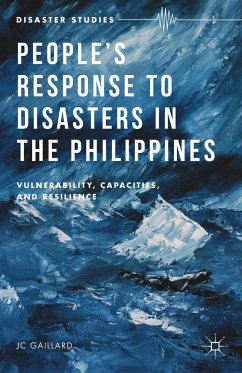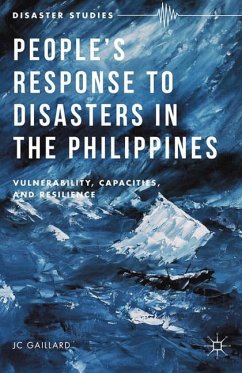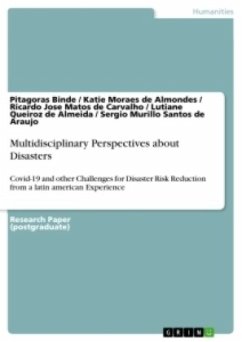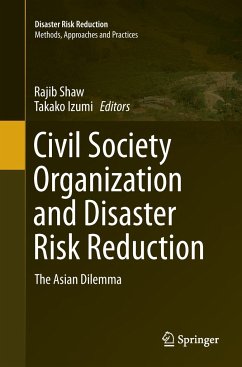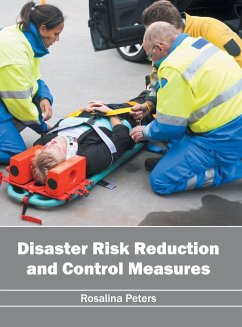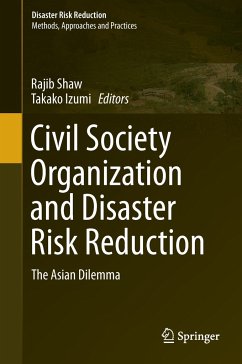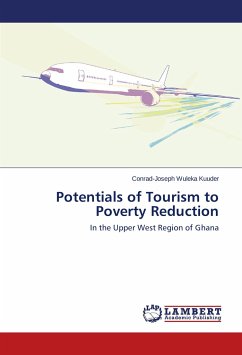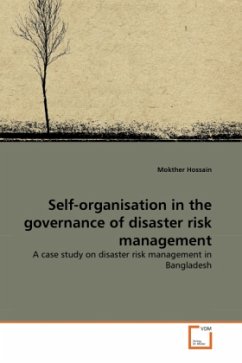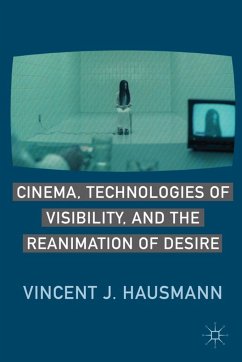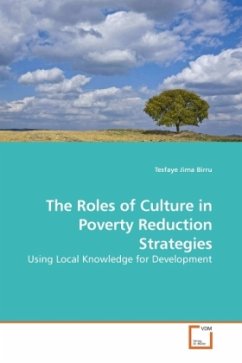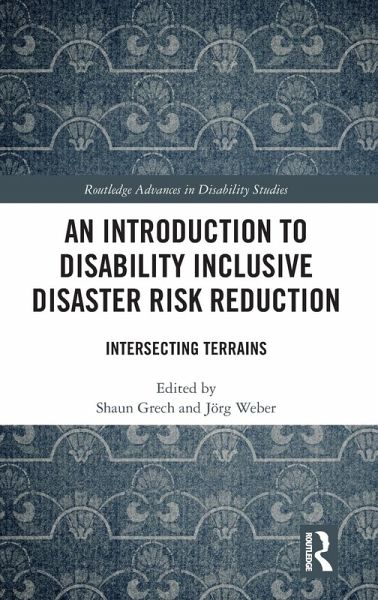
An Introduction to Disability Inclusive Disaster Risk Reduction
Intersecting Terrains
Herausgeber: Grech, Shaun; Weber, Jörg
Versandkostenfrei!
Versandfertig in 1-2 Wochen
180,99 €
inkl. MwSt.
Weitere Ausgaben:

PAYBACK Punkte
90 °P sammeln!
This first of its kind volume introduces Disability Inclusive Disaster Risk Reduction (DIDRR) in unprecedented critical and interdisciplinary ways covering the complex conceptual, theoretical and practice terrain.





